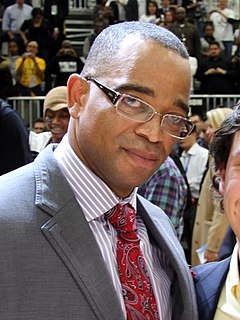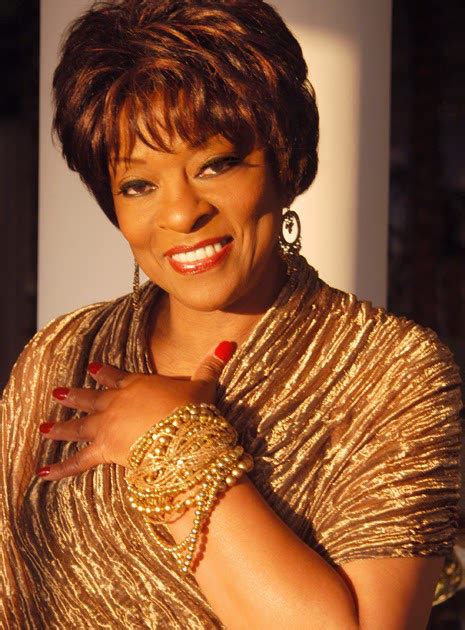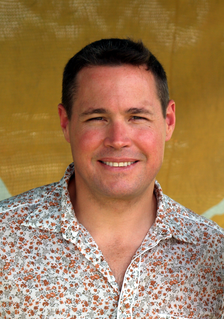A Quote by Stuart Scott
When you die, it does not mean that you lose to cancer, you beat cancer by how you live, why you live and in the manner in which you live.
Related Quotes
Every day, I am reminded that our life's journey is really about the people who touch us. When you die, it does not mean you lose to cancer. You beat cancer by how you live, why you live, and in the manner in which you live. So live. Live! Fight like hell. And when you get too tired to fight, then lay down and rest and let somebody else fight for you.
There's about 100 different cancers in a cancer cell. And so what we're finding out is, they're finding out ways to deal with one or two of the cancers there, with certain medicines. But they don't know why, if you have that cancer and I have that cancer, and I get the therapy and you get it, I don't live and you live. That - they don't know why.
The development of a strategic plan for cancer prevention in medical schools that is supported by all stakeholders - including the medical community, government, the insurance industry, cancer advocacy groups and all those dedicated to cancer prevention - will be the key to inspiring patients to live lifestyles that will decrease cancer risk.
When a plane crashes and some die while others live, a skeptic calls into question God's moral character, saying that he has chosen some to live and others to die on a whim; yet you say it is your moral right to choose whether the child within you should live or die. Does that not sound odd to you? When God decides who should live or die, he is immoral. When you decide who should live or die, it's your moral right.




























